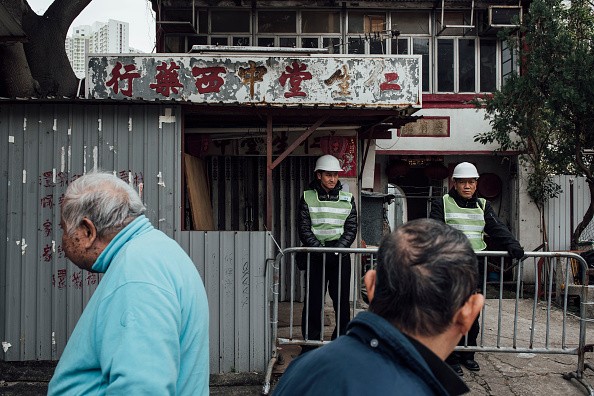China’s civil affairs ministry is seeking to cut back the use of foreign names for roads, bridges and residential compounds in an attempt to preserve the country’s cultural heritage.
Geographic names that better reflect China's culture, history and traditions should be used instead, Civil Affairs Minister Li Liguo said in a meeting with officials on Tuesday in Beijing.
The decision to prioritize traditional names was made following the launch of a place names survey by China's State Council in 2014, according to the Global Times on Thursday.
The survey revealed that approximately 60,000 county and township names and more than 400,000 village names have been abandoned since 1986, with some replaced by foreign names such as "Manhattan" or "Provence."
Li told the Global Times that the first set of names that will be changed will be those that "cause damage to sovereignty or national dignity, those that are at odds with socialist core values, those deemed immoral, and those that have attracted the greatest number of public complaints."
Places with misleading or exaggerated names, or names with tenuous links to historical figures or celebrities, will also have to rebrand themselves, Li added, citing the hometown of "Ximen Qing," a fictional character well known in China as a notorious seducer, as an example.
In February, the State Council issued a circular ordering local government agencies to correct non-standard names that meet such categories.
"Cities in China have been losing their identity, history and cultural heritage, which causes confusion," said Yu Kongjian, professor of urban planning at Peking University.
Yu said the phenomenon reflects a stage in Chinese society wherein people are no longer confident about their own culture.
"This act rectifies the previous chaotic naming of geographic landmarks, and it will help save disappearing cultural landscapes and old cities in China," Yu added.



























